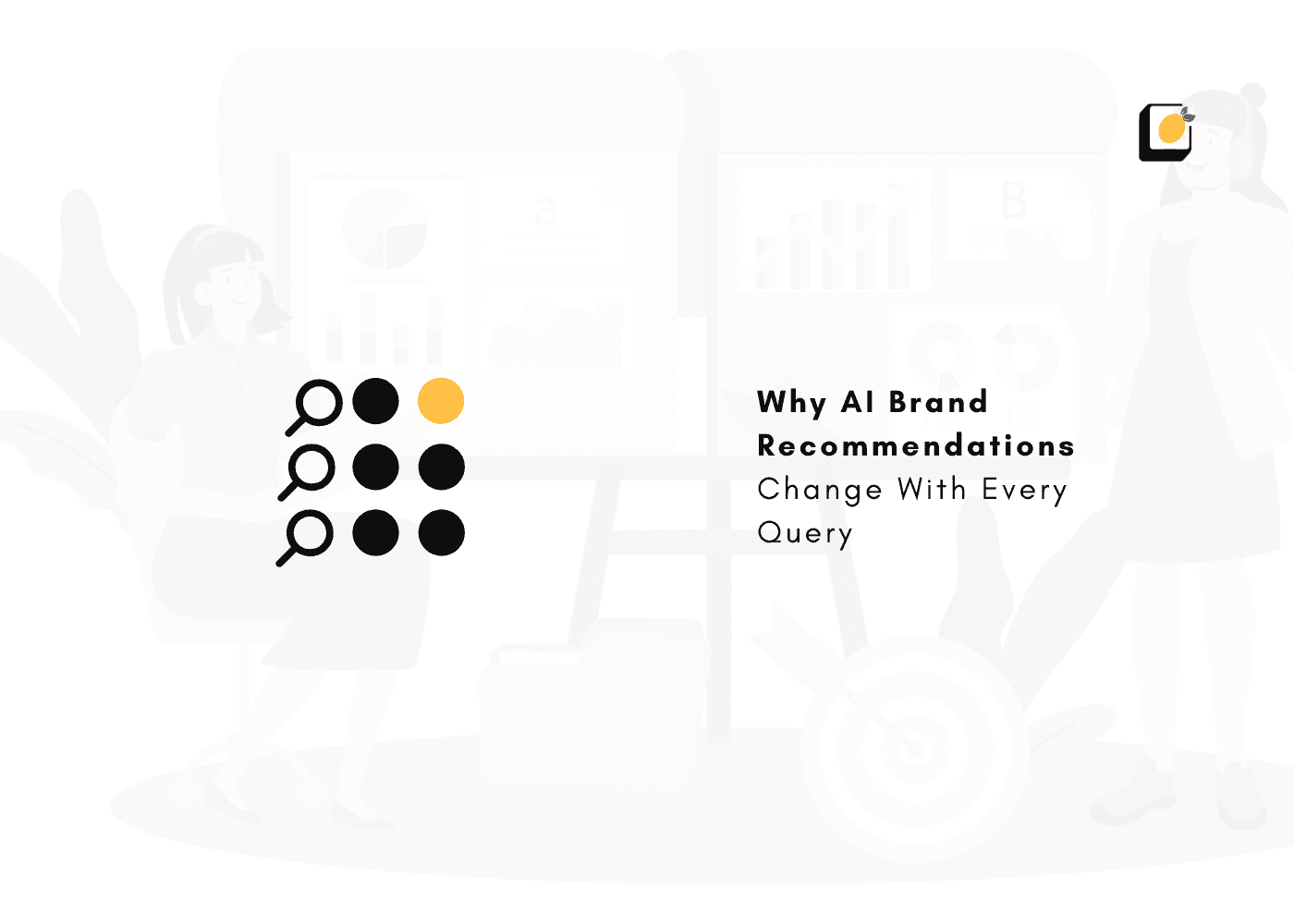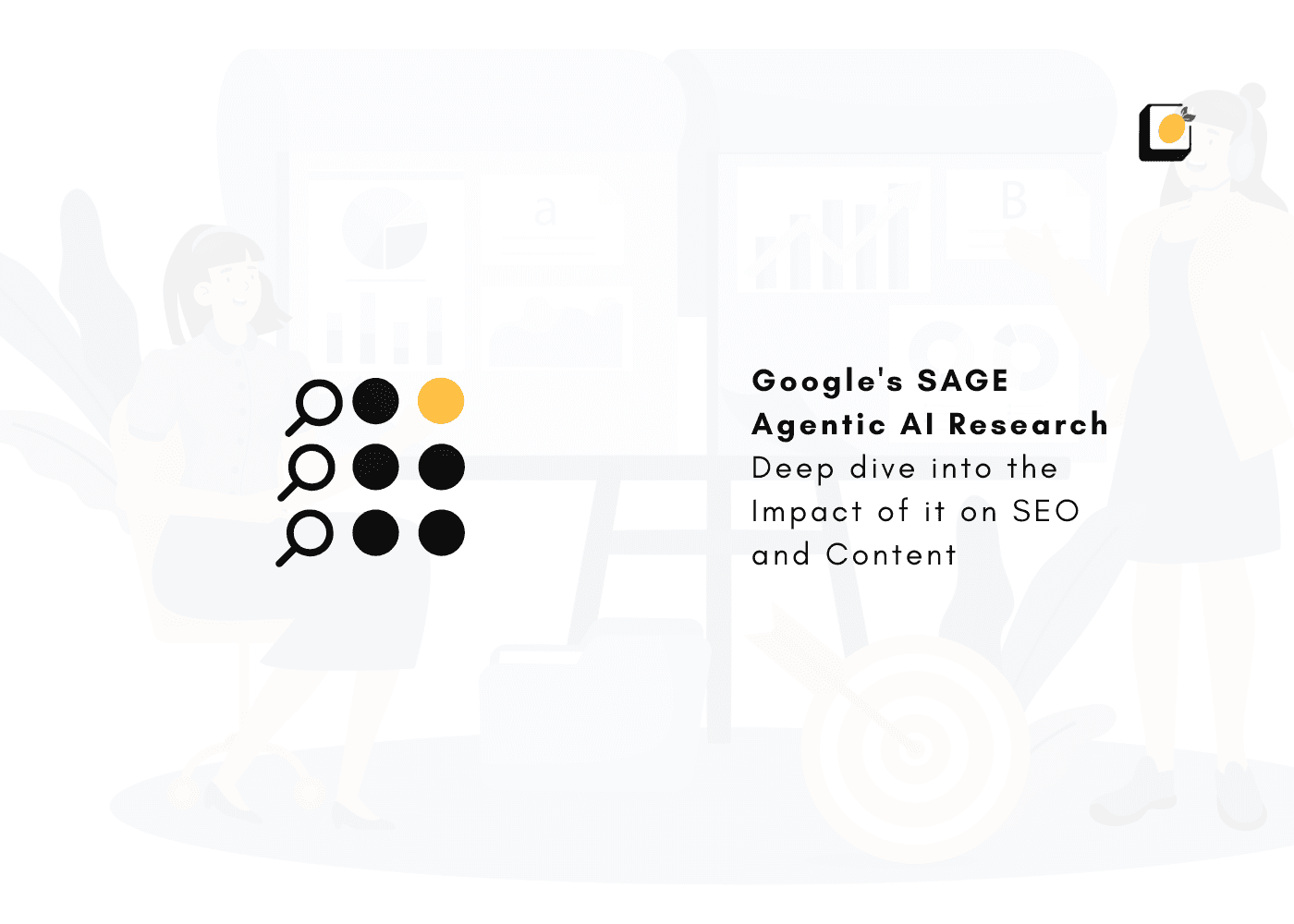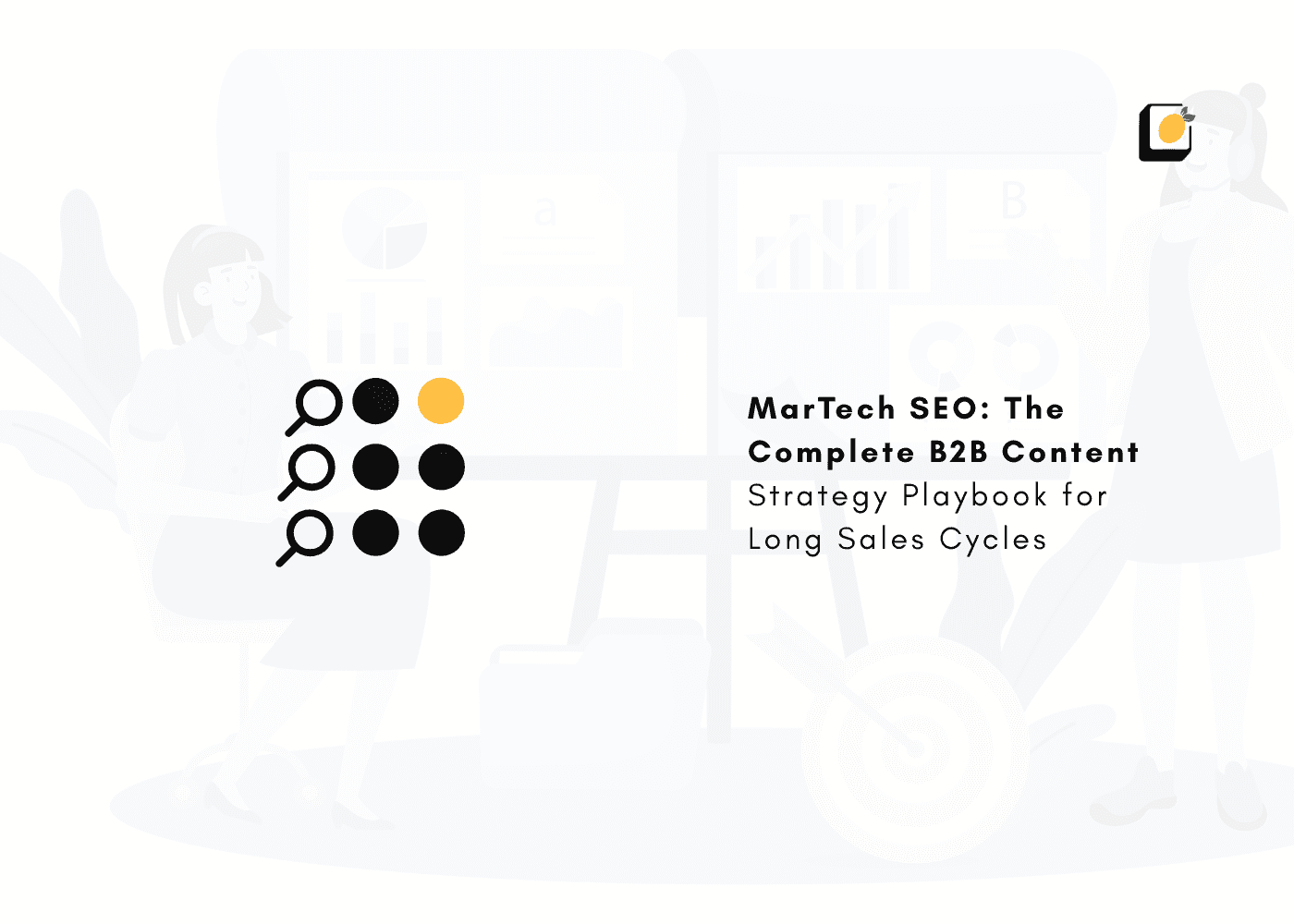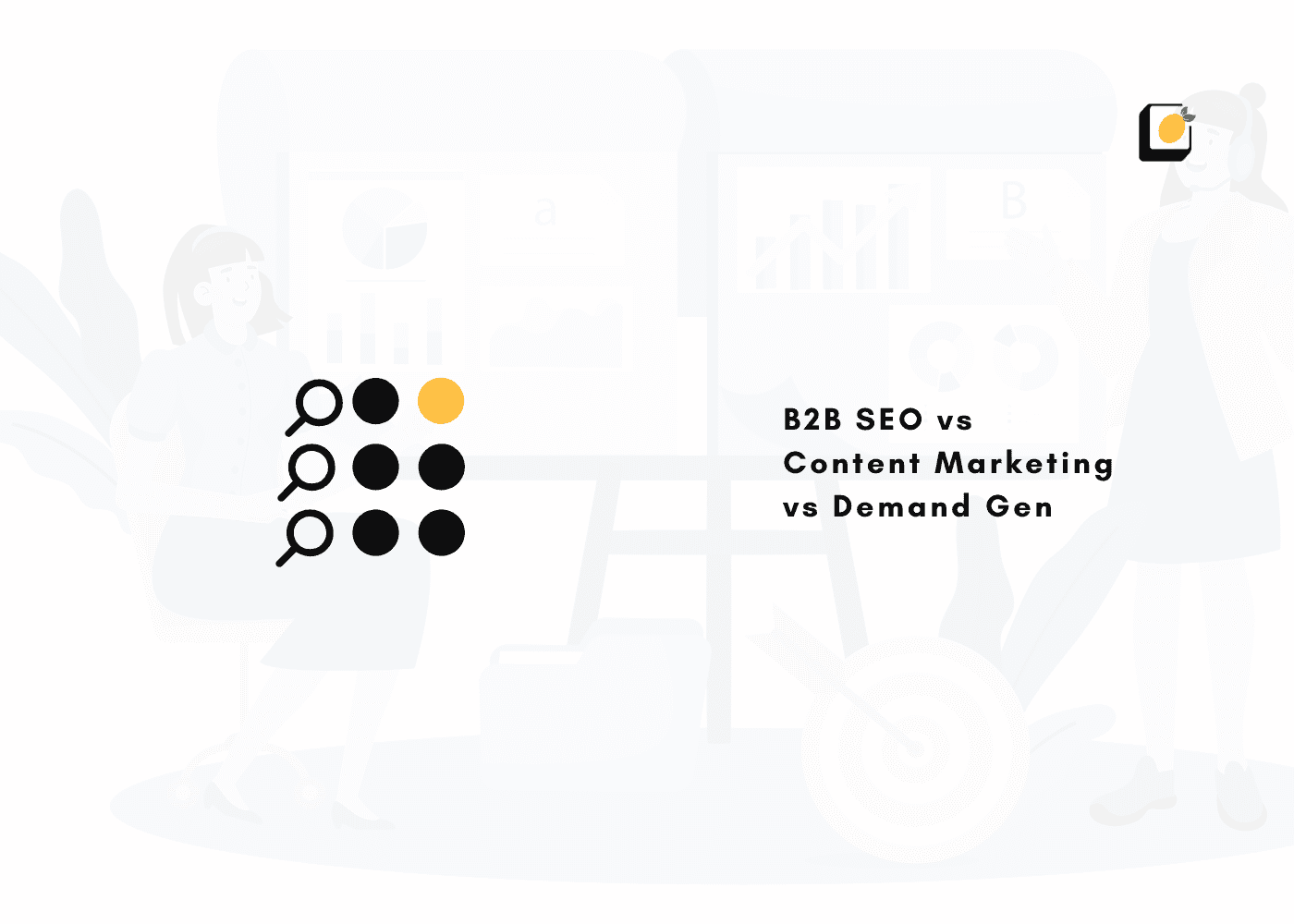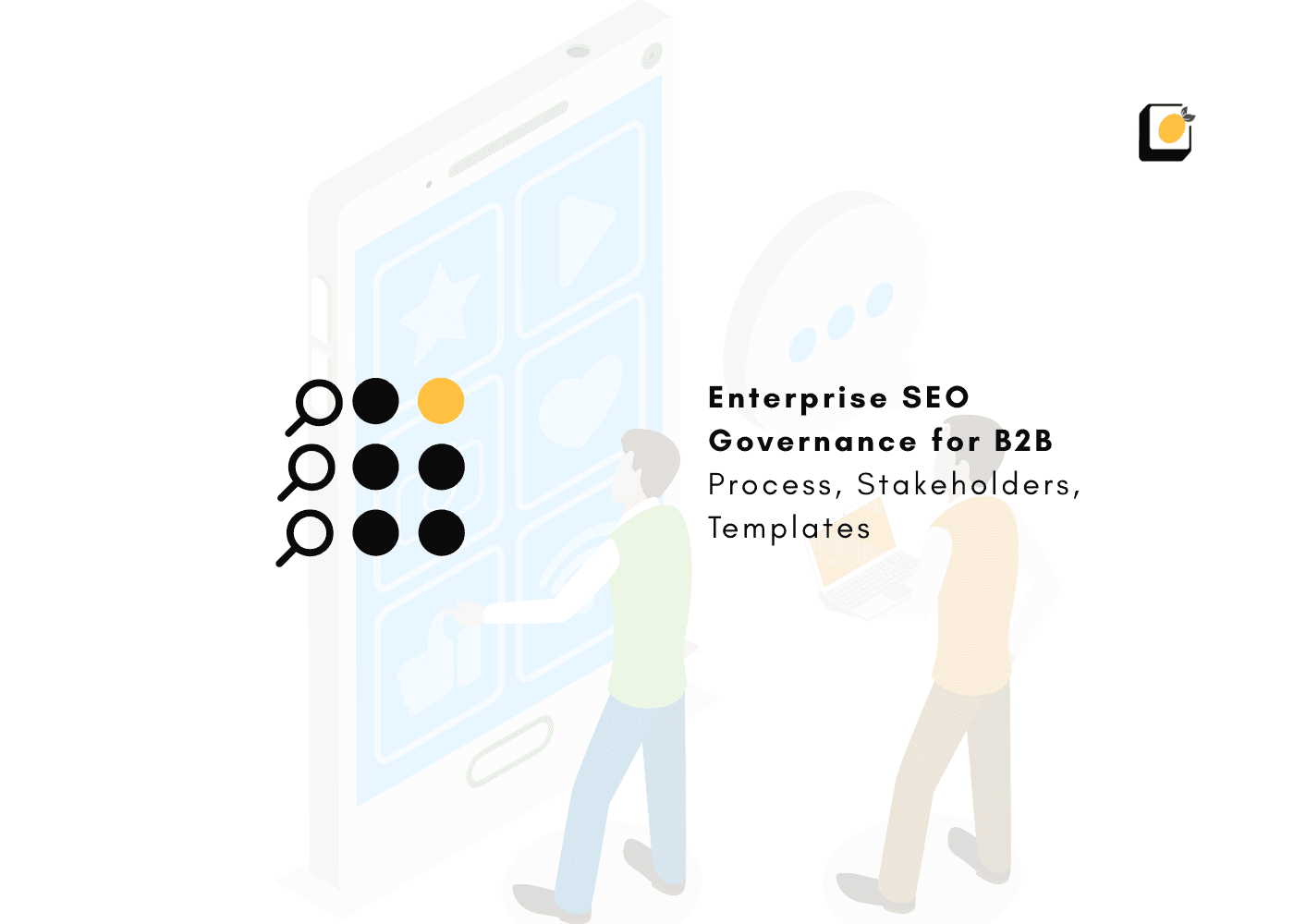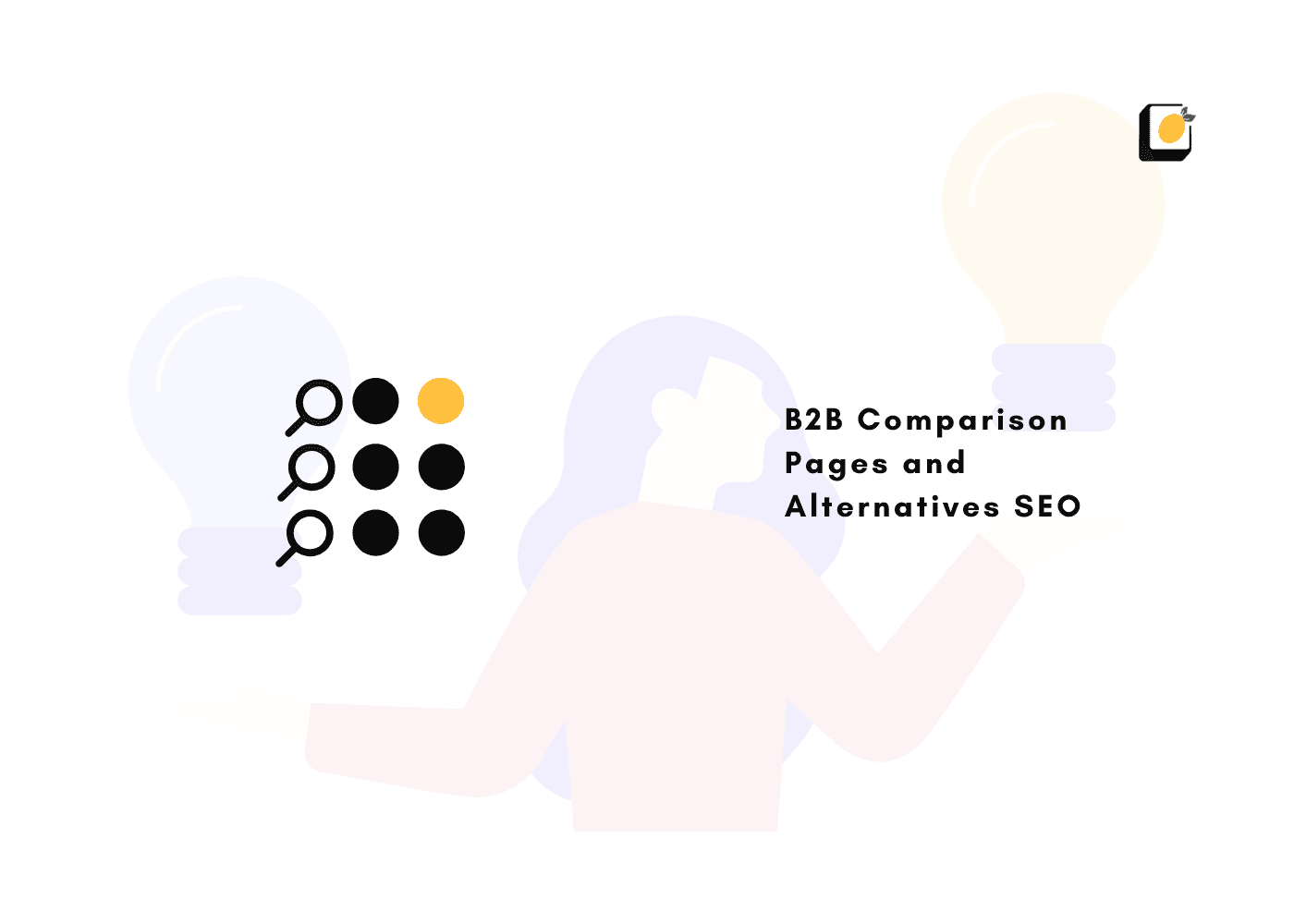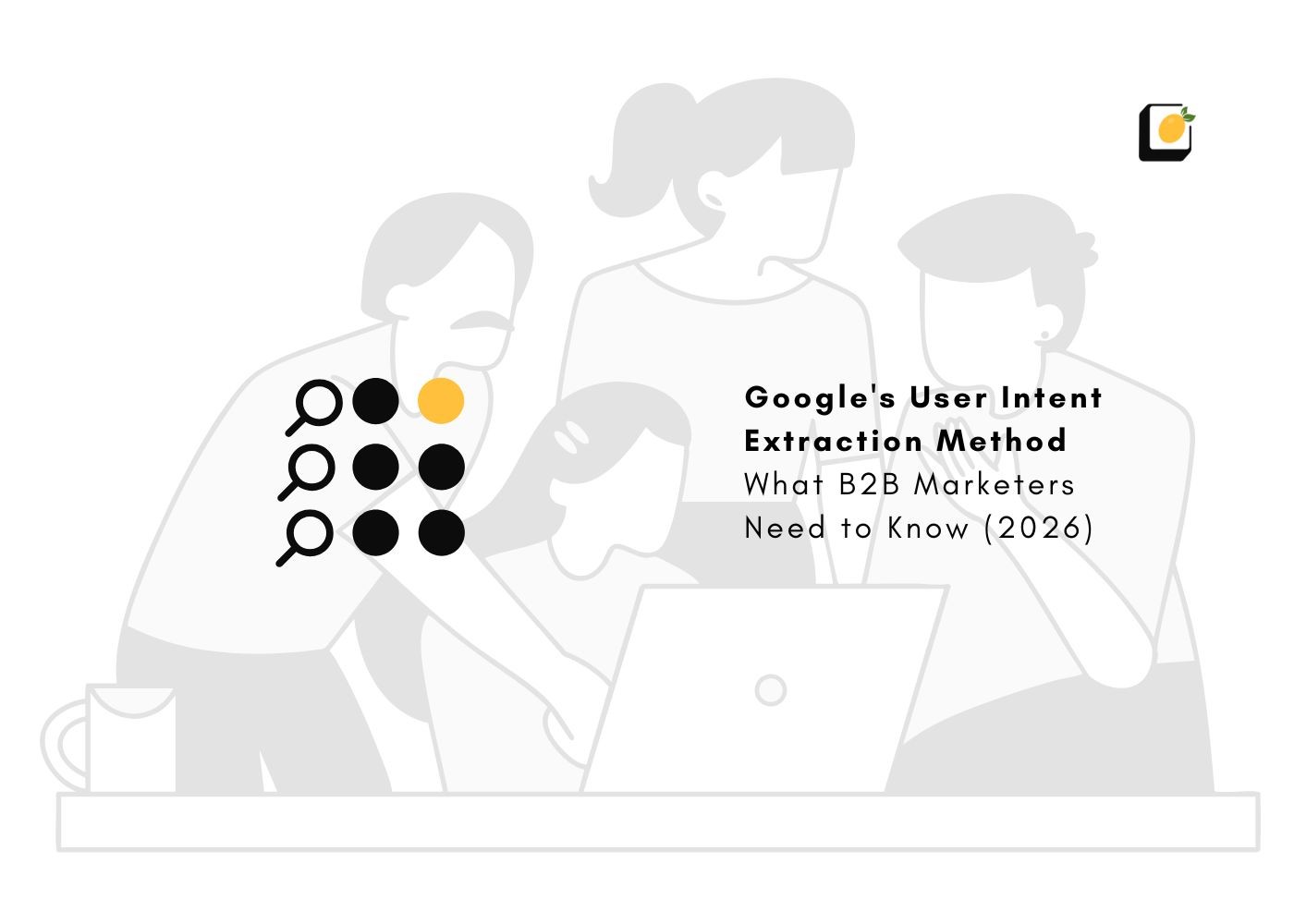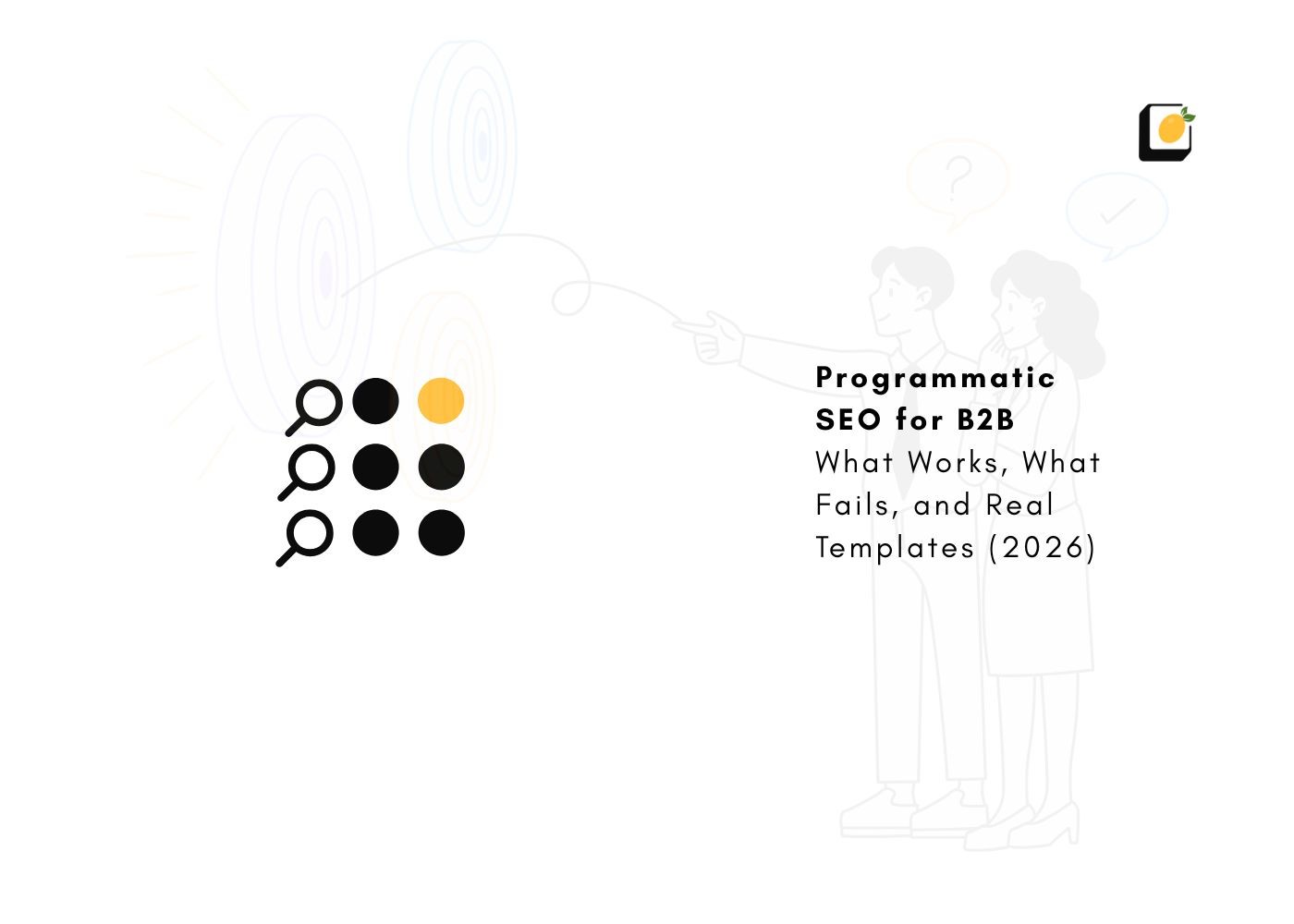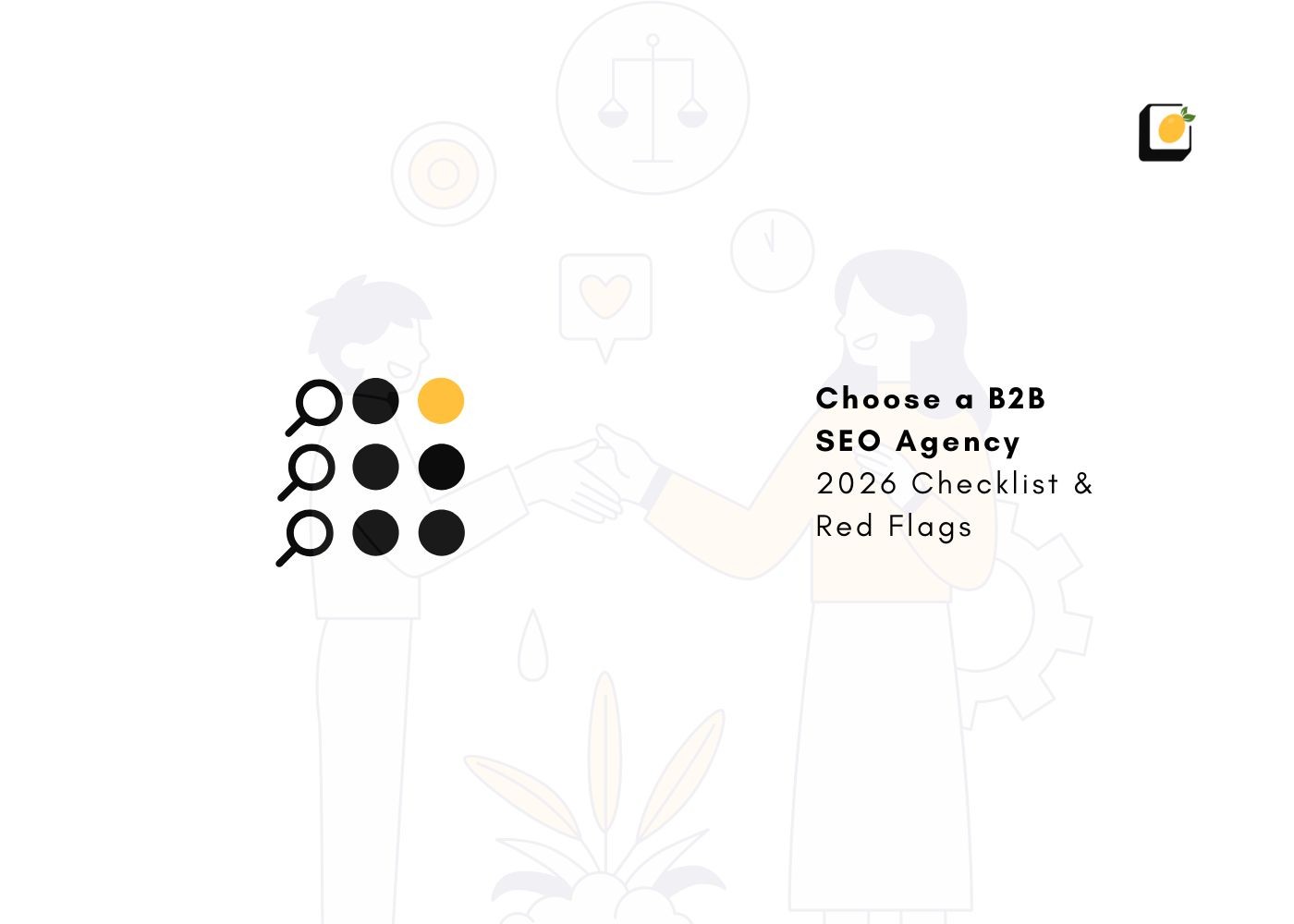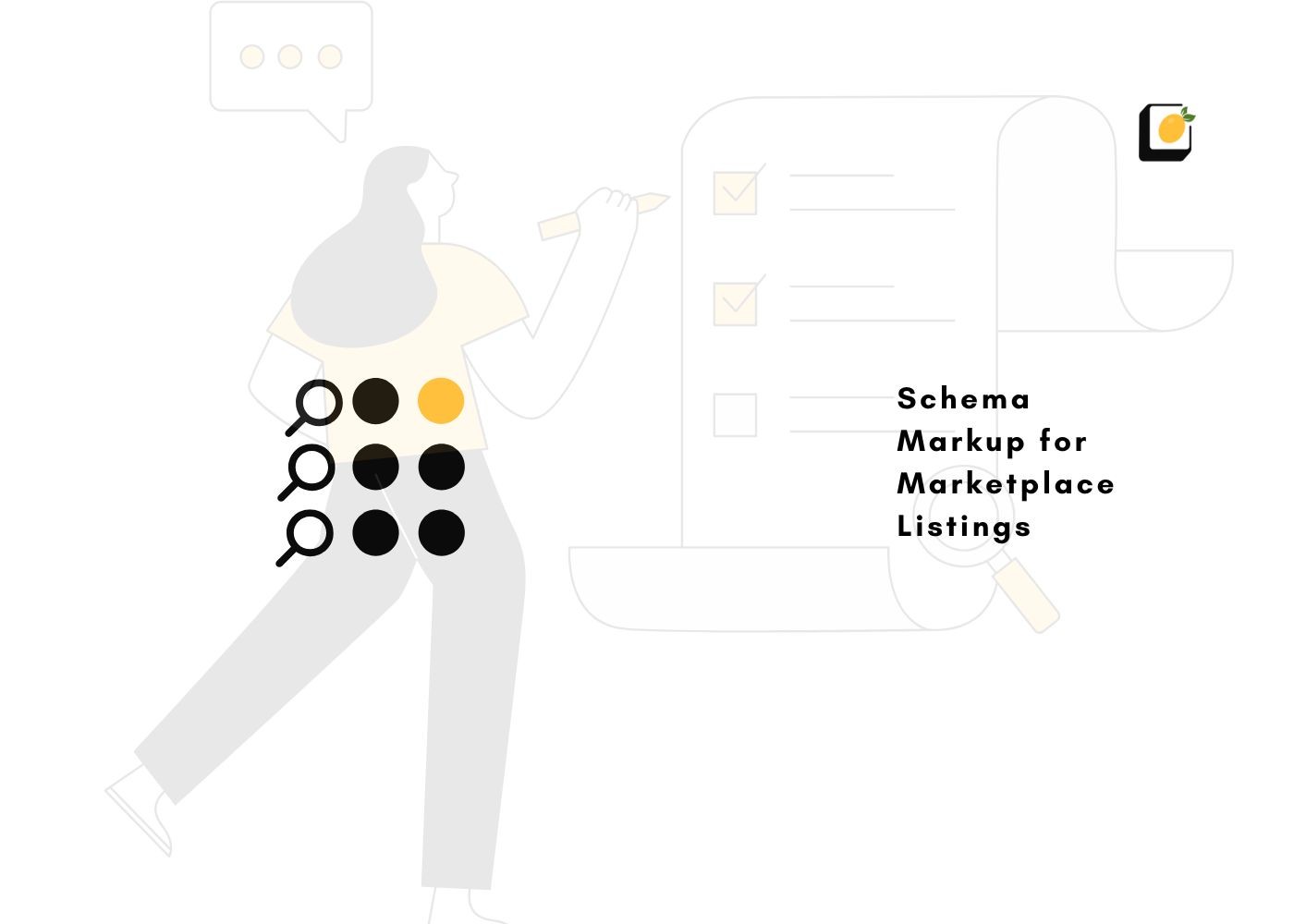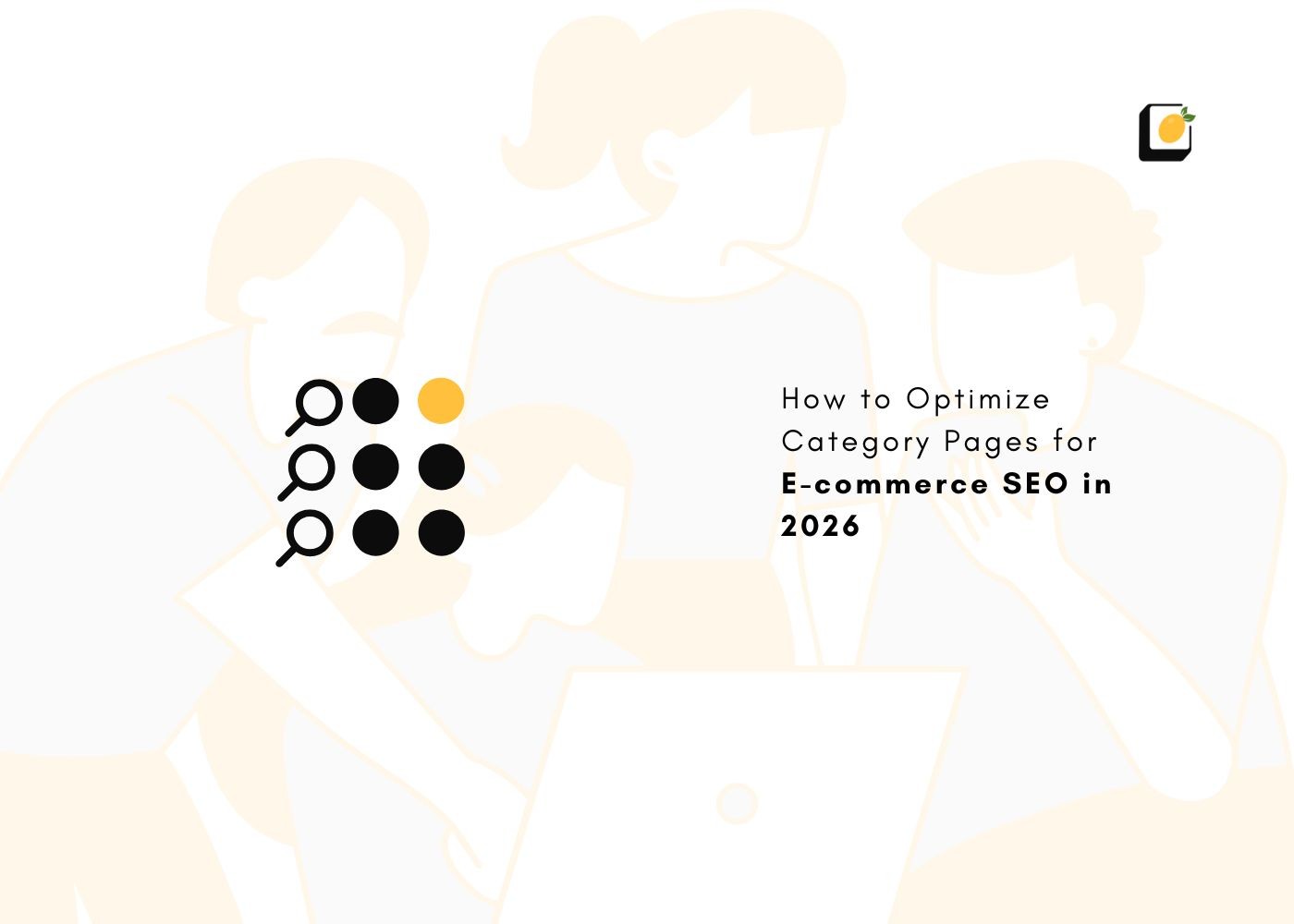15 SEO Benefits You Need to Know in 2025
June 19, 2025
Join 500+ brands growing with Passionfruit!
Search engine optimization used to be a technical add-on. In 2025, it's business-critical. From bringing in high-quality traffic to building long-term trust, the benefits of SEO now go far beyond rankings. For any brand that wants to stay visible, relevant, and competitive, SEO is no longer optional, it’s foundational.
What Are the Core Benefits of SEO in 2025?
Before diving into the details, it's important to understand what makes SEO so effective at a foundational level. In 2025, SEO is not just about keywords and rankings, it’s about building lasting value across visibility, trust, and customer experience. From the first impression in a Google result to the moment a visitor engages with your content, SEO is working in the background to guide, support, and amplify your brand’s message.
SEO Builds Trust and Credibility with Users
When your site shows up on the first page of Google, users assume you're trustworthy. That’s because Google ranks pages it believes are useful, secure, and authoritative. Things like fast load speeds, HTTPS security, and quality content all feed into this trust. SEO ensures your site checks all those boxes, helping you earn credibility before users even click.
SEO Drives Consistent, High-Intent Website Traffic
Paid ads disappear the moment your budget dries up. SEO doesn’t. Once you rank for valuable keywords, your site continues to attract people who are actively searching for what you offer. This makes SEO one of the most sustainable sources of qualified traffic in any marketing strategy.
SEO Increases Brand Visibility Across Search Engines
Your audience is searching constantly, not just for products, but for answers, comparisons, and reviews. Ranking across a variety of relevant terms helps your brand appear again and again in their search journey. This repeated exposure builds familiarity and trust over time.
SEO Enhances Your Content Strategy
Good SEO isn’t just technical. It’s strategic. It pushes you to write the kind of content people are actually looking for. Whether it's blog posts, product pages, or FAQs, SEO helps shape your content so it's useful to readers and understandable by search engines. That means better reach and stronger engagement.
How SEO Helps Your Business Grow Over Time
SEO isn't just about immediate traffic gains, it's about building momentum that compounds over time. By improving your site’s authority, reducing your dependence on ads, and attracting more qualified leads, SEO becomes a quiet engine for scalable growth. The longer you invest in it, the more value it returns.
SEO Generates Long-Term ROI Compared to Paid Ads
With PPC (pay-per-click), your traffic ends when your budget does. With SEO, the results compound. As your site builds more authority and gains more backlinks, it ranks higher and drives more traffic, without increasing spend. That makes SEO one of the most cost-efficient long-term strategies in digital marketing.
SEO Reduces Your Overall Marketing Costs
Once you start ranking for target terms, you can reduce reliance on paid ads. Instead of paying per click, your pages attract organic traffic continuously. This means your cost-per-acquisition (CPA) goes down while your margins go up, a big win for your bottom line.
SEO Improves Lead Quality and Conversion Rates
SEO brings in users who are actively searching, not passively scrolling. That means they're closer to taking action. If your site provides the answers they need, they're more likely to convert. In fact, organic traffic often converts better than most paid channels.
SEO Supports Every Stage of the Buying Funnel
With SEO-informed content, you can target users whether they’re just learning or ready to buy. Here’s how:
Top of funnel (TOFU): Educational blog posts, how-tos, listicles
Middle of funnel (MOFU): Comparison guides, reviews, email sign-ups
Bottom of funnel (BOFU): Product pages, pricing pages, FAQs
This approach nurtures users from awareness to decision, without sounding like a hard sell.
Advantages of Search Engine Optimisation Beyond Google
Google may be the starting point for most SEO efforts, but the impact of optimization extends far beyond the search bar. Whether it’s helping local businesses get discovered or supporting paid campaigns and PR initiatives, SEO works behind the scenes across digital touchpoints. These broader advantages are often overlooked but they’re critical to long-term success.
SEO Strengthens Local Discovery for Brick-and-Mortar Businesses
Local SEO helps people nearby find your store, clinic, or restaurant when they need it most. With tools like Google Business Profile, local citations, and map pack optimization, you can show up for "near me" searches and drive foot traffic straight from search results.
SEO Supports Paid Search Performance (PPC Synergy)
SEO and PPC aren’t rivals, they’re allies. When your business appears in both paid and organic results, it doubles your visibility and boosts your credibility. Plus, SEO insights like keyword performance and top-performing pages can improve your paid ad targeting.
SEO Boosts Digital PR and Backlink Authority
A big part of SEO is earning high-quality backlinks. These links not only improve your ranking, they also drive referral traffic and increase brand mentions. The result? Better PR, stronger authority, and improved visibility across channels.
What Makes SEO a Smart Investment in 2025?
SEO Data Informs Smarter Business Decisions
Tools like Google Search Console and GA4 offer insights into what people are searching for, what pages perform best, and where users drop off. That data doesn’t just improve your SEO, it can shape product development, customer support, and content planning too.
SEO Future-Proofs Your Online Presence
Search is evolving. With AI results, voice search, and zero-click answers, traditional SEO has to adapt. But here’s the good news: brands that invest in solid, people-first SEO are already ahead. They’re creating helpful content, optimizing site structure, and building long-term authority, all things search engines will continue to reward.
Key reasons SEO is still growing in 2025:
Voice search is becoming mainstream
AI-generated summaries still rely on trusted sources
Mobile and local queries are at all-time highs
Google’s algorithm continues to prioritize E-E-A-T (Experience, Expertise, Authoritativeness, Trustworthiness)
Final Thoughts
SEO isn’t a trend. It’s a mindset, one that centers on helping people find what they need, when they need it. Whether you're running a startup or scaling an enterprise, the benefits of search engine optimization in 2025 are too powerful to ignore.
Next time you're planning a marketing budget, don’t just ask what will bring traffic today. Ask what will build value year after year.
Interested in reaping the benefits of SEO? Get in touch with our expert consultants today!
Key Takeaways
SEO builds long-term trust and visibility without relying on ads.
It drives consistent, high-quality traffic from users actively searching.
SEO helps lower overall marketing costs and increase conversion rates.
Local SEO boosts in-person visits while supporting mobile search trends.
SEO and PPC work better together, improving both reach and ROI.
In 2025, strong SEO is no longer optional, it's essential for sustainable growth.
Frequently Asked Questions
1. Why is SEO more important in 2025 than before?
In 2025, how people search and how search engines respond has changed dramatically. With AI-generated results, voice assistants, and mobile-first behavior on the rise, SEO now plays a role in more platforms than just Google. Businesses that want to be discovered, trusted, and chosen must optimize not just for rankings, but for rich results, featured snippets, and AI visibility too.Because search behavior is evolving, and SEO now supports visibility across AI tools, voice search, and mobile devices, not just Google rankings.
2. How long does it take to see results from SEO?
SEO is not instant, it typically takes 3 to 6 months to see meaningful movement, and even longer in highly competitive niches. However, the results compound over time. As your content matures, earns backlinks, and builds authority, rankings improve naturally. The long-term payoff is worth the patience, often resulting in steady traffic without ongoing ad costs.Typically 3 to 6 months, but it depends on your competition, content quality, and domain authority. SEO is a long-term investment, not a quick fix.
3. Can SEO really reduce my advertising costs?
Yes, and often significantly. Once you rank organically for valuable keywords, you no longer need to pay for each visit through ads. Over time, this can reduce your dependency on PPC campaigns and lower your overall cost-per-acquisition. Many businesses use SEO to phase out low-performing ads and redirect spend into other growth areas.Yes. Once you rank for important keywords, you can reduce PPC spending because you're attracting free, high-quality traffic organically.
4. What types of businesses benefit most from SEO?
SEO works for nearly every industry: from local plumbing services and coffee shops to B2B SaaS companies and ecommerce brands. If your potential customers use search engines to find information, compare products, or solve problems, SEO helps position your business as the answer. The more competitive your space, the more critical SEO becomes. Almost all, from local service providers to ecommerce stores and SaaS platforms. If people search for what you offer, SEO can help.
5. Is SEO only about Google rankings?
Not anymore. SEO in 2025 spans across platforms, including YouTube, voice assistants, image search, and AI-powered tools like Google SGE or ChatGPT browsing. It's also about improving user experience, accessibility, site structure, and building topical authority. Ranking is still important, but modern SEO is much more than just a search position.
6. How does SEO improve lead quality?
Unlike social ads or cold email outreach, SEO attracts users who are already searching for a solution. These visitors tend to have higher intent and are further down the decision funnel. As a result, the leads you gain from organic traffic are often more qualified, engaged, and ready to convert than those from other sources. SEO brings in users who are actively looking for your product or solution, meaning they’re more likely to engage or convert compared to passive traffic.


